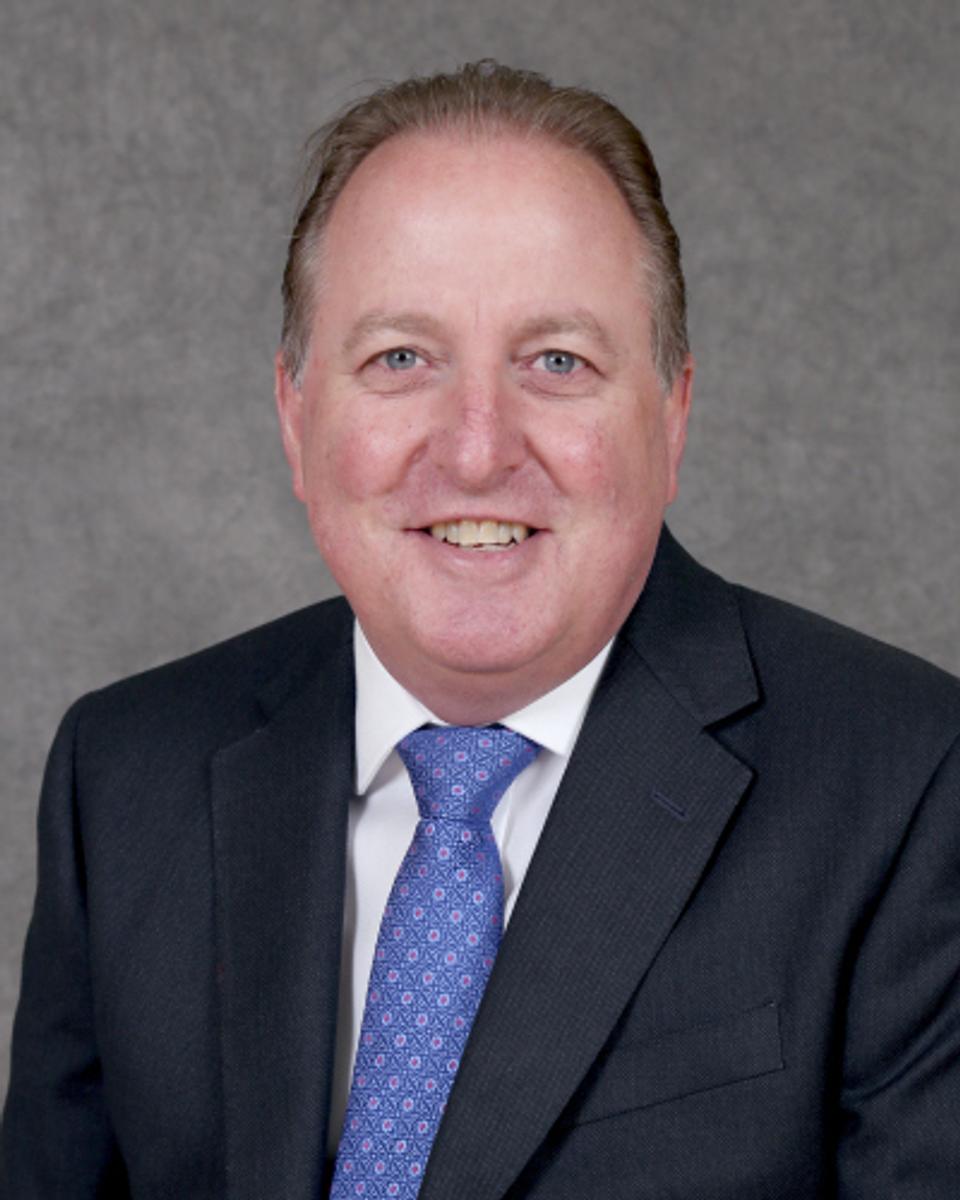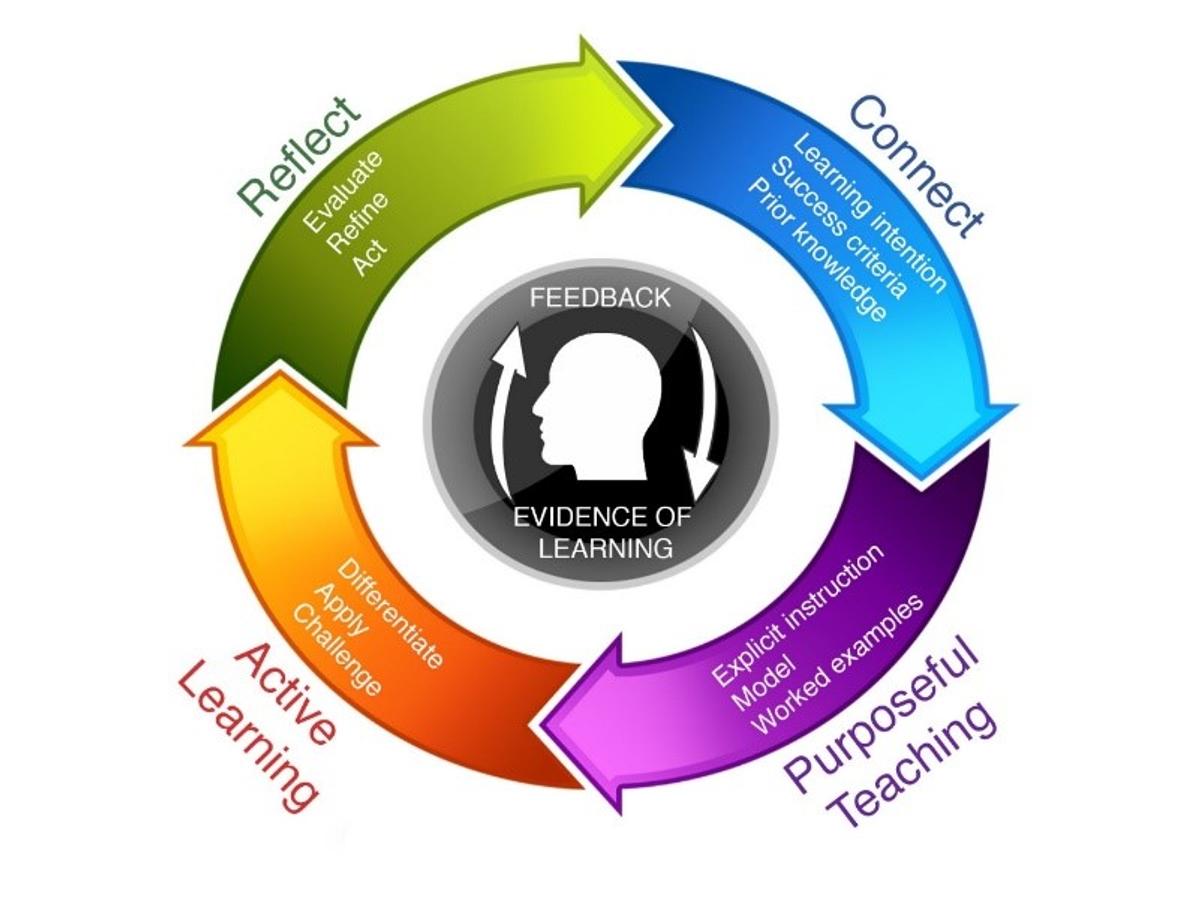
Deputy Principals
PETER DICKINSON
Deputy Principal - Operations
Oakleigh Grammar was last week invited to participate in the About Yousurvey, a Victorian Department of Education and Training initiative involving selected schools across Victoria for Years 5, 8 and 11 students. The focus of the survey was to investigate the possible effects of health and social issues on the healthy development of young people today. This information can then be used to guide and inform policy and program directions.
The comprehensive survey invited the students to anonymously report on their health behaviours, including substance use and related problem behaviours. It also asked about their social relationships with family, friends and those at school. Investigating a range of social and individual factors that are known to influence health and well-being.
Our students were complimented on the manner in which they undertook the 40 minute survey. As a school, we were pleased to have our students involved in helping to shape the future directions in health and well-being initiatives. Hopefully this will contribute towards making the wider community a safer and healthier place for young people.
Our Year 4 students were clearly focusing on their health and well-being when I visited them at camp last week.
PETER CUMMINS
Deputy Principal - Teaching & Learning
Over the last two terms, the School has embarked on a major curriculum initiative of developing a whole school teaching and learning model (TLM). The first step involved consulting with teachers from across the School to help guide the development of a whole school approach to what constitutes best teaching and learning practice at Oakleigh Grammar. Staff spent considerable time discussing what good teaching and learning looks like at Oakleigh Grammar, and using this and other best practice ideas, to develop the TLM.
We worked along the lines of keeping the model as simple as possible, keeping the language reader friendly, such that our students would be able to identify with each phase of the model.
This resulted in a 4 phase teaching and learning model with 3 key elements in each phase.
Phase 1. Connect involves setting a learning intention and success criteria, and linking the content and skills to student prior knowledge.
Phase 2. Purposeful Teaching is about explicit teaching of skills and content, modelling what that looks like and providing exemplars and worked examples.
Phase 3. Active Learning is where students apply their knowledge and skills, and are challenged to take the next step in their learning, as they seek to master the subject.
Phase 4. Reflect is where students and teachers evaluate the learning and instruction in the light of the lesson learning intention and success criteria, resulting in students refining their skills and understanding, and acting on this feedback to improve their learning.
Central to the TLM is the importance of formative feedback and the need to use assessment data to drive student learning.
This has already been an absorbing experience for our teachers. Over the next academic year, teachers will continue to take part in a range of professional learning activities to explore and develop greater understanding and expertise of each phase and each element of the TLM.




